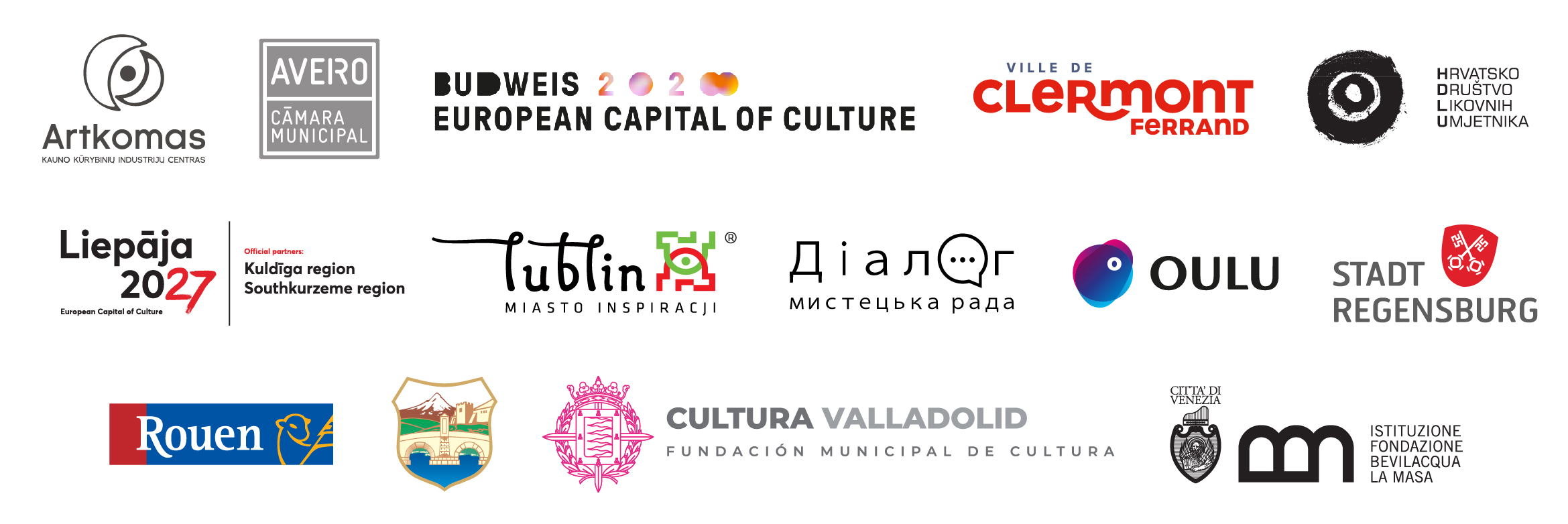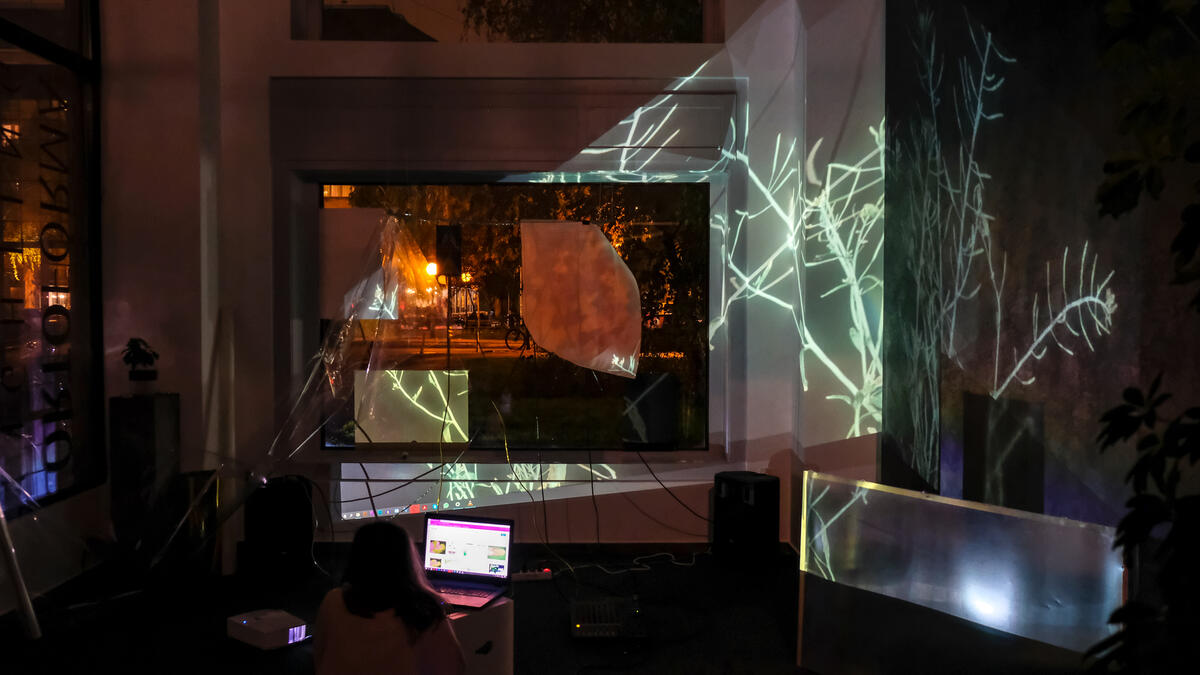HDLU LAUNCHES CREART ART IN PUBLIC SPACE 2024: KARAS+KVART
DESCRIPTION:
Karas Gallery is an exhibition space of the Croatian Association of Fine Artists (HDLU) with a long tradition of activity in the contemporary art scene. After many years of activity at Praška 4, since 2018, it has been operating at the address Kralja Zvonimira 58.
Recognizing the need for redefining and creating a new cultural identity for the neighborhood where Karas Gallery is located, within the EU project CreART 3.0, a collaborative artistic program titled KARAS + KVART is organized, envisioned in a collaborative and co-creation model between one local artist and one artist from the network. Artists will explore the neighborhood for 2 weeks, and the final result will be an artistic work or initiative in the public space of the gallery neighborhood in October. As part of KARAS+KVART 2024 project, Luana Lojić has been invited to participate, and an international artist – Karl Iaro from Regensburg was selected through the Open call.
Luana Lojić (1991) deals with applied cosmophilia and internet nomadism. From poetry for stones to live installations, videos, films, voiceovers, and live art addressing the relationship between humans and the systems, perceptions, and materialities surrounding them, her work seeks to understand natural processes beyond and within the concept of senses. She has received numerous awards for her work.
Karl Iaro (1994) studied industrial design in Regensburg with stays abroad (study/internship) in Barcelona and Porto. Light is his main fascination, which is why he is often called an artist of light.
Within the project:
![]()
Partners:

Supported by:
![]()



Co-funded by the European Union – CREA-CULT-2023-COOP. The views and opinions expressed are solely those of the authors and do not necessarily reflect the official views of the European Union or the European Education and Culture Executive Agency (EACEA). Neither the European Union nor the European Commission can be held responsible for them.
[Project number: 101128499]
The views expressed in this announcement are the sole responsibility of HDLU and do not necessarily reflect the opinion of the Government Office for Cooperation with NGOs.




